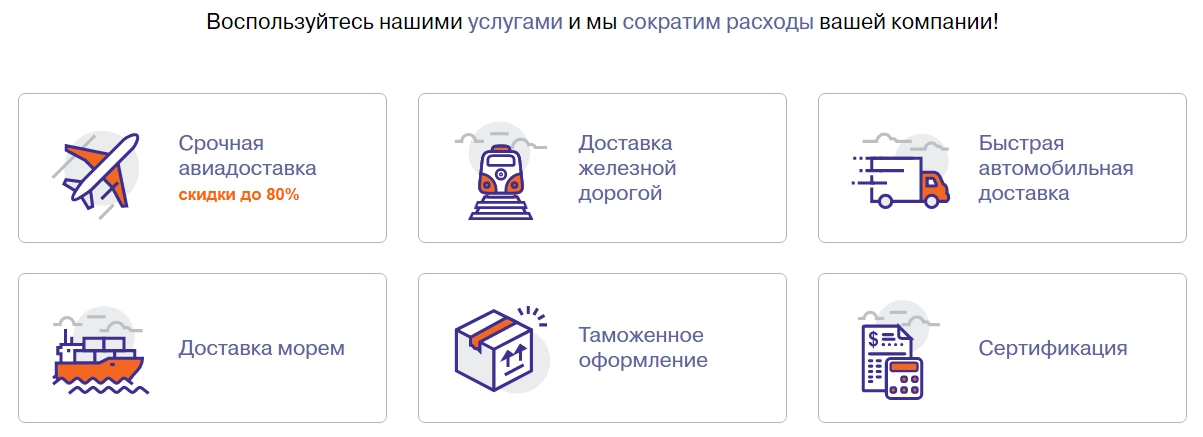How AI-driven Systems are Reshaping Cargo Transport
How AI-driven Systems are Reshaping Cargo Transport
Blog Article
The supply chain sector, particularly freight shipping, is witnessing a significant shift, propelled by the relentless progress of self-operating systems. As organizations compete for efficiency and swiftness in transportation processes, mechanization remains at the helm of this shift, revolutionizing how products move across the world. From automated transporters to smart tracking systems, the dynamism of this sector is unmistakable, delivering major upgrades in efficiency, reliability, and affordability.
Redefining Productivity with AI-powered Systems
At the heart of this technological surge sits the implementation of automation in cargo delivery systems. Traditional methods often struggled under the burden of inefficiency and manual inaccuracies. However, contemporary automated technologies provide advanced strategies that enhance processes.
One significant breakthrough is in the realm of aviation-based shipping, where autonomous technology assists in handling intricate logistical tasks that include flight mapping and aviation navigation control. This not only accelerates the process but also bolsters reliability by eliminating potential operator misjudgments.
Advanced tracking systems are another advantage. Today’s tech enables for real-time observation of deliveries, which keeps companies and end-users updated about the whereabouts of their products round-the-clock. This transparency is invaluable in cultivating trust and reliability in freight distribution solutions.
Cutting Expenses and Streamlining Border Clearance
AI-powered systems advances into the intricate workflows of customs clearance, traditionally a bottleneck for cargo transport due to its complex regulations and likely delays.
Modern automated systems integrated with large-scale analytics capabilities can rapidly process huge amounts of paperwork and validate alignment with legal frameworks quicker than in the past. This cutting down in time reduces on operational costs significantly, demonstrating a direct economic gain that organizations can utilize.
Transforming Logistics with AI-driven Insights
Additionally, the utilization of Big Data reinvents the approach toward cargo handling and customs. By processing previous information and current patterns, machine-driven systems predict bottlenecks and streamline workflows to be more efficient and efficient.
Companies observing instant analytics can execute data-driven choices that inherently reduce challenges linked to import-export setbacks.
Sustainability Impact
Automated systems also contribute significantly to ecological preservation in cargo logistics. More optimized and efficient route calculation reduces avoidable fuel expenditure and lowers harmful emissions.
AI-powered fleet vehicles are steadily compatible with renewable power solutions and electric propulsion, aligning freight transport activities with broader sustainability targets.
Improving Customer Loyalty
The AI-driven innovation improves not just logistical efficiency but also client experience. The capacity to monitor deliveries in as they happen, experience reduced setbacks, and enjoy lowered expenses enhances customer interaction greatly.
Fast, open, and optimized delivery systems are more expected to foster loyalty and continuous transactions, proving that cutting-edge technology is vital in modern-day freight delivery operations.
Additionally, as automated tools handle repetitive operations more seamlessly, organizations can allocate employee staff to sectors demanding critical thinking and strategy, thereby improving service quality as a whole.
Facing Ahead: The AI-Driven Future
The groundbreaking effect of automation in logistics delivery ensures an dynamic outlook for logistics. As companies continue to harness these technologies, they enhance their market position by delivering faster, more secure, and more affordable delivery options.
Sustainability advancements further broaden the appeal of self-operating frameworks, integrating market practices with eco-friendly efforts.
A New Phase in Freight Delivery
In principle, the implementation of AI-driven solutions in cargo delivery opens up a myriad of possibilities focused on transforming shipping not only faster but also more secure and less expensive.
The strategic leveraging of data-driven insights in optimizing border clearance processes further accentuates the efficiency of automated frameworks in redefining traditional cargo transport landscapes.
AI Integration: The Future of Cargo Shipping
Logistics transport is transitioning confidently into a progressive phase driven by AI-driven technology—a proof to mankind’s relentless pursuit of advancement.
With continuous developments, the capability to revolutionize global trade structures remains, signaling an hopeful roadmap towards an integrated and streamlined future in cargo delivery.
To read more about dostavka gruzov browse this resource.